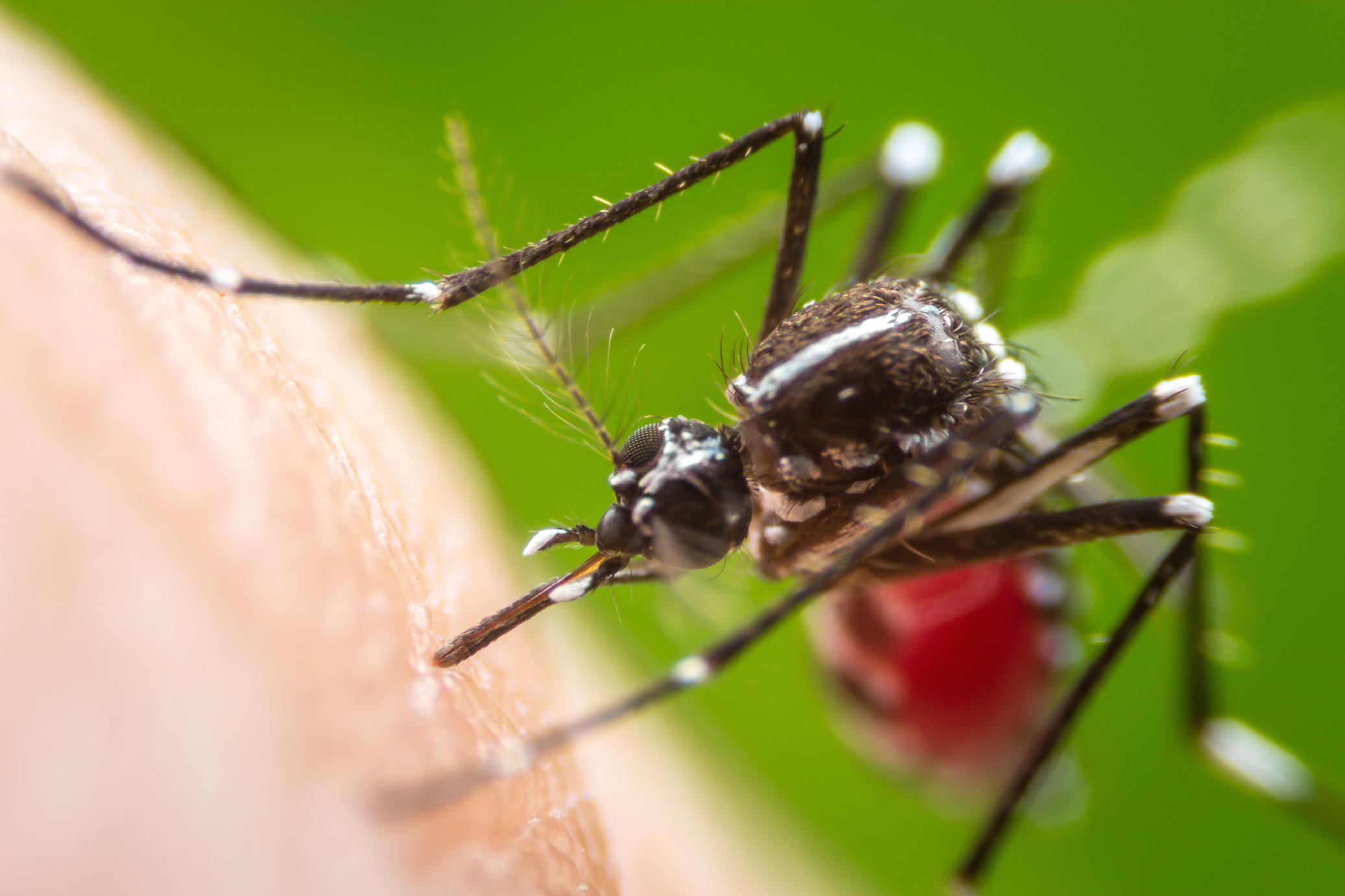In the complex tapestry of existence, the relationship between humans and mosquitoes epitomizes a multifaceted ethical quandary. The act of swatting a mosquito may seem trivial on the surface, yet it evokes a profound debate surrounding the moral implications of our actions towards even the most diminutive of creatures. This discussion encapsulates themes of environmental stewardship, public health, and the intrinsic value of life.
At the outset, one must recognize that mosquitoes, though often perceived as mere pests, occupy a unique ecological niche. The vast majority of mosquito species are not vectors for disease; in fact, many play pivotal roles in their respective ecosystems. They serve as food sources for a plethora of wildlife, including birds, amphibians, and other insects. This fact alone sparks a crucial conversation about the repercussions of swatting—a seemingly inconsequential act that may disrupt established food webs and biodiversity.
Moreover, the notion of swatting mosquitoes invites an examination of human perspectives on pest management. For many, the instinctive reaction to swat a mosquito stems from an unfortunate amalgamation of cultural conditioning and personal discomfort. Dengue fever, West Nile virus, and malaria are diseases synonymous with these insects, engendering a visceral fear that incites a predilection for eradication. We must ponder whether this defensiveness is justified or whether it represents an overreach into ethical territory, where one species’ survival is sacrificed for another’s fleeting comfort.
As we scrutinize this dilemma, we must delve into the psychological dimensions of the act itself. The swatting motion, often characterized by its suddenness and forcefulness, raises questions about intent. Are we merely responding to annoyance, or do we engage in a deeper instinct of dominance over nature? This inquiry leads us to consider the ethics of predation. When humans eliminate mosquitoes, we do so from a position of power, yet we often fail to appreciate the consequences inherent in our hierarchies. It compels a broader reflection: if we can justify the termination of a mosquito’s life based on its nuisance value, what precedents do we establish for other creatures deemed unwanted?
In exploring the consequences of our actions, we must also confront the irony found within the act of swatting. Studies have indicated that repeated exposure to human scent modifies a mosquito’s behavior, rendering them more adept at circumventing dangers. When we swat, we may be inadvertently teaching them to evade our presence, thus perpetuating a cycle of conflict wherein the mosquito’s survival mechanisms are sharpened, leading to increased aggression towards humans. This insight challenges conventional wisdom—that we can simply eradicate discomfort through immediate action. Instead, it poses the question: can we coexist more harmoniously with these creatures, employing strategies that embrace understanding rather than violence?
The topic of mosquito control often spirals into broader discussions of environmental ethics. Pesticides and insecticides, commonly employed as solutions to curb mosquito populations, raise critical concerns regarding ecological health. These chemicals can devastate non-target species, impacting beneficial insects and disrupting entire ecosystems. Such actions beckon scrutiny: is it ethical to inflict collateral damage on other forms of life while attempting to cleanse our immediate environment of inconvenience? The paths we choose in attempting to mitigate mosquito populations may inadvertently harm the biodiversity we rely on for ecological stability.
Furthermore, one must consider the implications of misallocation of resources in the face of this microscopic adversary. There exists a disproportionate focus on dealing with mosquitoes as opposed to addressing the root causes of the diseases they carry—such as inadequate healthcare infrastructure and socio-economic disparities. By prioritizing swatting and eradication, we neglect holistic approaches that could more effectively reduce disease transmission while fostering a more sustainable relationship with our environment.
Ethical vegetarianism and animal rights advocates often draw parallels between our treatment of larger, traditionally beloved animals and the species most vilified, such as mosquitoes. Acknowledging the sentience and ecological roles of all creatures urges a moral awakening within the discourse surrounding animal cruelty. It becomes increasingly apparent that while mosquitoes may not elicit the same empathy as cats or dogs, they deserve consideration. The question arises: where do we draw the line between necessary ecological practices and sheer anthropocentric dominance?
To explore realms beyond mere eradication, innovative solutions such as the introduction of sterile insect techniques and genetic modification have emerged. These strategies aim to control mosquito populations without the indiscriminate killing that typically characterizes traditional methods. The ethics surrounding genetic modification is another layered debate, often polarizing public opinion. However, a thorough discussion on the implications of such advancements could reveal pathways to coexistence that sidestep ethical dilemmas associated with swatting.
In conclusion, the act of swatting a mosquito transcends the simplistic notion of dealing with an annoyance. It serves as a magnetic point of intersection for discussions surrounding ethics, ecology, and public health. By scrutinizing our actions through an analytical lens, we reconsider the rights of all living beings, regardless of their size. To foster a world where humans and mosquitoes cohabit sustainably, we must cultivate awareness and empathy, embracing the greater complexities in our interactions with nature. The future lies not in swatting, but in understanding, redefining our relationships with all the creatures that share this planet.








